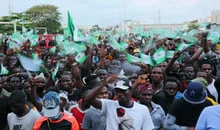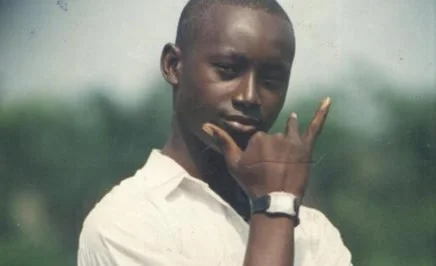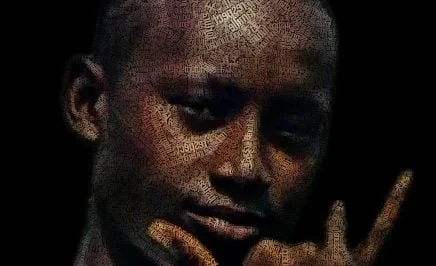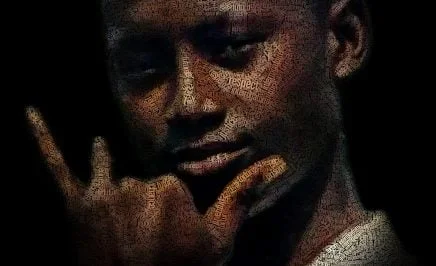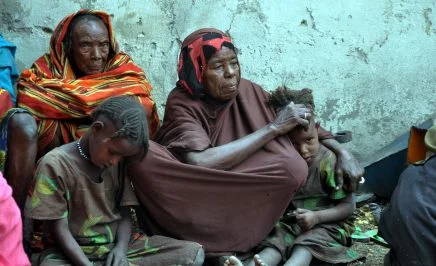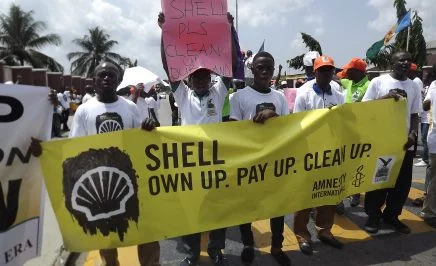Since the beginning of October, thousands of Nigerians have been marching in peaceful protests against police brutality as part of the #EndSARS movement. The #EndSARS movement aims to draw attention to human rights violations committed by the Special Anti Robbery Squad (SARS), a unit of the Nigerian police tasked with fighting violent crimes.
Since protests began on October 8, 2020 at least 56 people have died across the country. In multiple cases, the security forces have used excessive force in an attempt to control or stop the protests. Victims include protesters and others who were allegedly hired by the authorities to confront the protesters.
What is SARS?
The Special AntiRobbery Squad (SARS) is a unit of the Nigerian police created in 1992, and tasked with fighting violent crimes such as robbery and kidnapping. SARS has been documented as committing widespread human rights violations including extrajudicial executions, torture and other ill-treatment, rape and extortion by officers of the SARS. In June 2020, Amnesty International released Nigeria: Time to End Impunity a report containing 82 interviews detailing cases of abuse by SARS from January 2017 to May 2020.
Despite promises of reform and accountability for violations by the Nigerian government, SARS officers continue to subject detainees in their custody to torture and other forms of ill-treatment.
What is the #EndSARS movement?
In late 2017, Nigerian human rights defenders and activists launched a massive campaign tagged #EndSARS. The campaign was aimed at drawing attention to human rights violations committed by SARS, as well as calling for good governance and an end to police brutality.
The movement saw a surge in October 2020, when hundreds of Nigerians have been taking to the street in peaceful protests. Through videos and photos on social media, others shared horrendous stories of SARS officers abusing their victims.
What happened on the 20th October?
On the evening of 20th October, 12 peaceful protesters were killed and hundreds severely injured when the Nigerian army and police open-fired into a crowd of #EndSARS protesters at Alausa and Lekki Toll Gate Lagos. Witnesses at Lekki told Amnesty International that soldiers arrived and opened fire without warning. Eyewitnesses at Alausa protest ground said they were attacked by a team of soldiers and policemen from the Rapid Response Squad (RRS) Unit, leaving at least two people dead and one critically injured.
Amnesty International also received reports that shortly before the shootings, CCTV cameras at the Lekki toll gate, where #EndSARS protesters had been camped for two weeks, were removed by government officials and the electricity was cut – a clear attempt to hide evidence. As in previous cases documented by Amnesty International, some of those killed and injured at both grounds were allegedly taken away by the military.
What does Amnesty think should happen?
Amnesty International is calling on the Nigerian authorities’ to end their attempts to cover up the Lekki Toll Gate massacre, and is calling on Nigerian authorities to bring to justice those behind the shooting and to protect those who are exercising their right to freedom of assembly.
Amnesty International also urges the Nigerian authorities to ensure that measures are taken to immediately end the practice of torture and ill-treatment by the SARS; implement the Anti-Torture Act (2017), and ensure that all allegations of torture and other ill-treatment are promptly, thoroughly, independently and impartially investigated and, where sufficient admissible evidence exists, prosecute those suspected of criminal conduct in fair trials irrespective of their rank and status.
